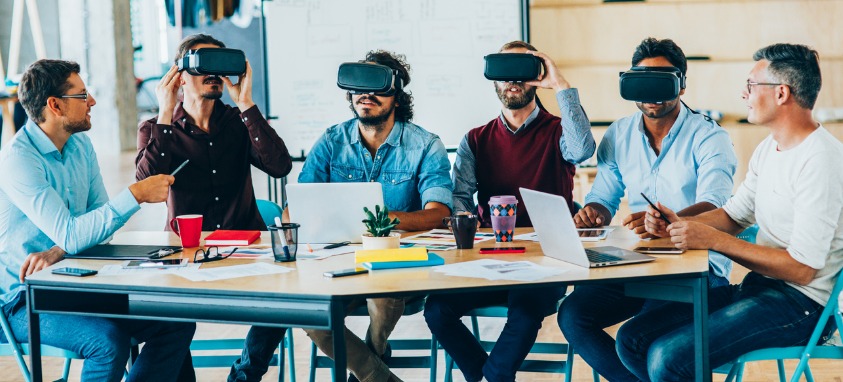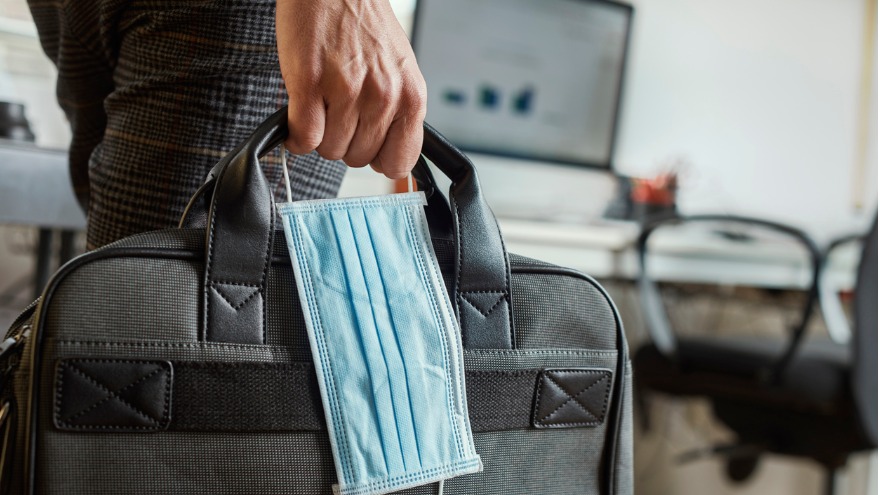Editor’s Note: This is part of a series reporting on FICP Chats about the future of meetings. You can read previous reports here, here, here, here, here and here.
In early May, 82 percent of meetings professionals and hospitality partners within Financial & Insurance Professionals (FICP) had one or more in-person event scheduled for the remainder of 2020. In late June, that number had decreased to roughly half (52 percent) of the community. Those changes were due to a host of considerations, not all of which were apparent even seven weeks ago, including state and local regulations, corporate travel policies and individual comfort with travel.
In the seventh of FICP’s new virtual education series, Financial & Insurance Professionals (FICP) Chats, more than 250 participants agreed that while it will take longer than originally anticipated for meetings to return to pre-pandemic levels, there are positive indicators about a recovery, and people will truly appreciate those in-person interactions when they do occur. There is much work that can be done to facilitate the recovery in the meantime.
Lead by Example
Participants noted that the full return of meetings is dependent upon individual comfort with all the activities required to participate in meetings and events, including getting on an airplane, going to a restaurant and staying at hotels. As hospitality and meetings professionals, participants can help create positive perceptions about these activities. It was recommended that they support the industry by trying the activities they are personally comfortable with (“leisure up”) and telling friends about positive experiences when they venture out.
Understand and Apply Best Practices

Participants on the call were eagerly awaiting recommendations from the Events Industry Council APEX COVID-19 Business Recovery Task Force. In the interim, a number of smaller groups have formed to share ideas and best practices in place to help ensure compliance with Centers for Disease Control and Prevention (CDC) recommendations, local guidelines and corporate protocols.
Reliable sources such as state and local health departments, the CDC and local business partners should be leveraged frequently to understand the situation in a destination and how it may be different than the situation where attendees may be traveling from.
Seeing is Believing
With so much uncertainty about meeting and travel experiences, the more case studies and examples that can be communicated, the sooner confidence can be built around those new experiences. Some hotels and airlines have created videos, PowerPoint presentations and similar materials that show new, no-touch elements of check-ins and ways to provide more physical distance so travelers have a better idea of what to expect.
The photos and videos are important to provide meetings professionals who are accustomed to site visits, but may be unable to conduct them due to corporate travel bans, the opportunity to witness an experience first-hand. For example, one DMC mentioned on the call is filming an evening event with first responders as their guests to show how they are executing those events to local guidelines. Those materials can be used by meetings professionals in communications to their stakeholders about health and safety considerations, as well as their own planning efforts.
Stay in Touch

While the preference for most meetings professionals and event attendees (especially incentive qualifiers) is an in-person experience, participants noted the importance of staying in touch with those stakeholders during this time of uncertainty. Virtual group games (like trivia or adaptations of popular game shows), corporate social responsibility (CSR) activities, gifting and similar activities allow meetings professionals to keep their future attendees engaged and informed, and recognize performance. By providing first-class experiences now, participants noted you can also build greater anticipation for future events.
Start Small or Local
Due to local and state guidelines, only small group gatherings are allowed in most parts of the United States. These limited capacities, combined with travel bans, have prompted some participants to start with regional or local events in fall 2020 that allow participants the opportunity to drive to the event. Plans for these small events have included surveys to prospective participants to determine their comfort with attending in-person. With these early successes, it will be easier to expand efforts to larger groups as regulations permit.
Provide Virtual Alternatives

Since meetings and hospitality professionals may feel more comfortable with attending events than their stakeholders, they should ultimately be mindful and respectful of the fact that health issues and other considerations may cause some attendees to resist a return to travel and in-person meetings. So that the organization is not discriminating against those individuals, hybrid events and virtual education and networking offerings should be provided in conjunction with in-person events in the short-term. Live streams, recorded sessions and other options are being investigated by the group to accommodate these stakeholders.
While it may be time consuming to stay abreast of current conditions, partner and corporate responses, and changes to protocols and regulations, meetings professionals will be more prepared to host upcoming meetings with confidence by doing so. Remember to update your standard operating procedures and playbooks regularly in the coming weeks and months, and stay connected to all your stakeholders while you wait.
Jennifer Squeglia, CMP, is a member of FICP Board of Directors. In the next FICP Chats, taking place July 23, our will explore sustainability in future meetings. Learn more about upcoming FICP Chats, part of FICP Anytime.




